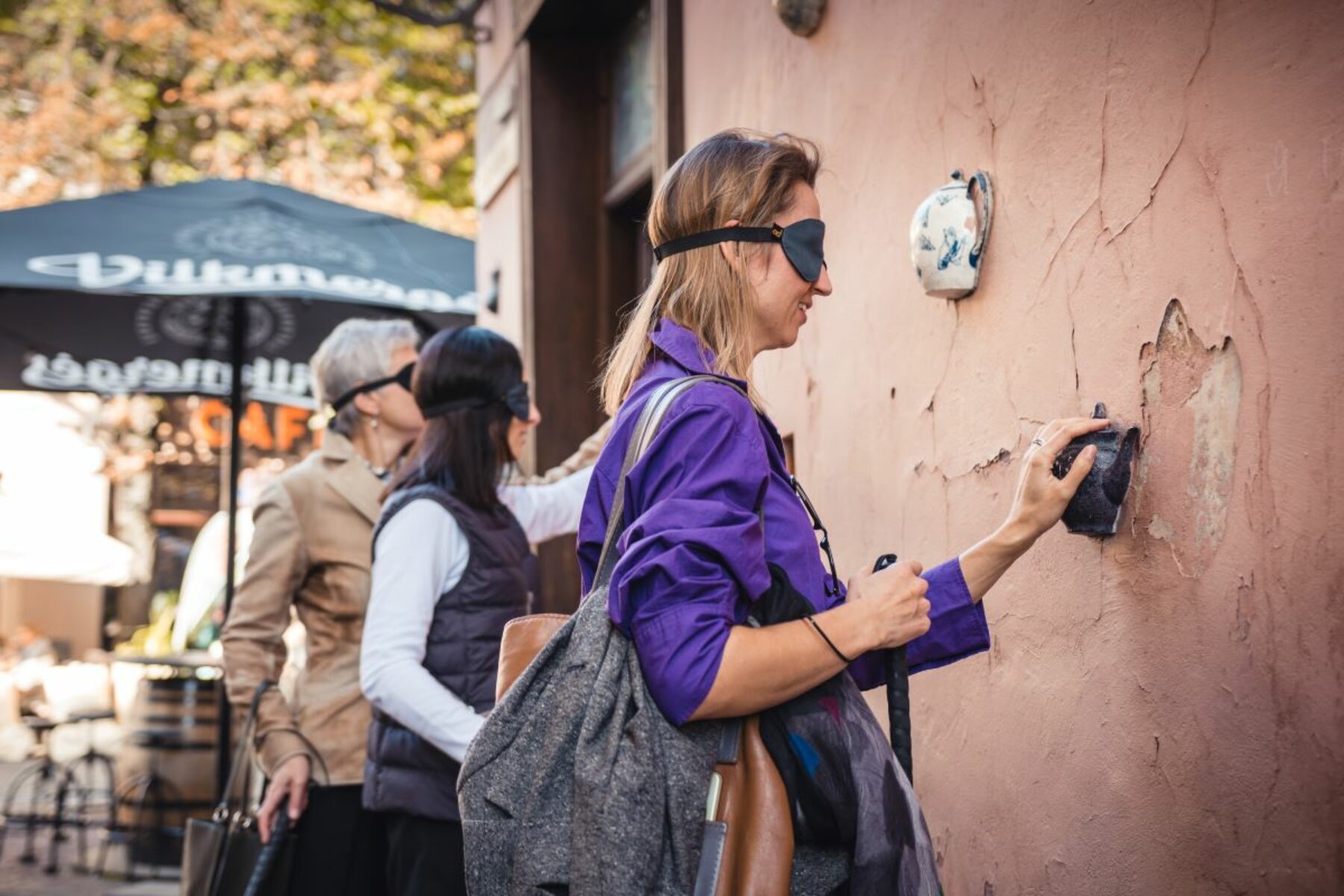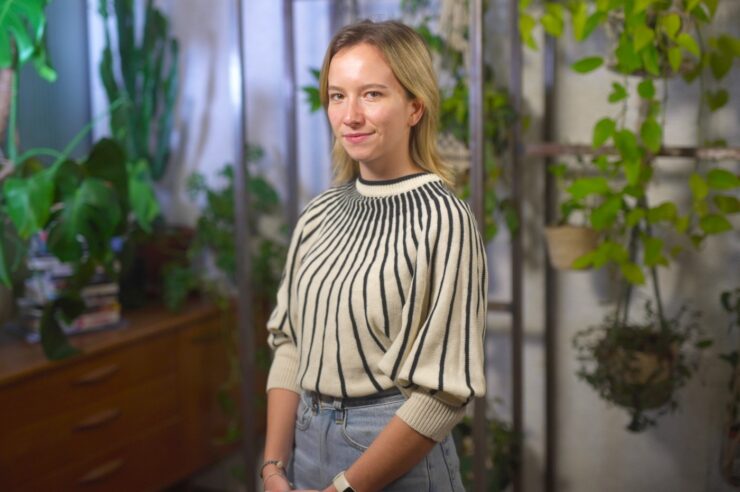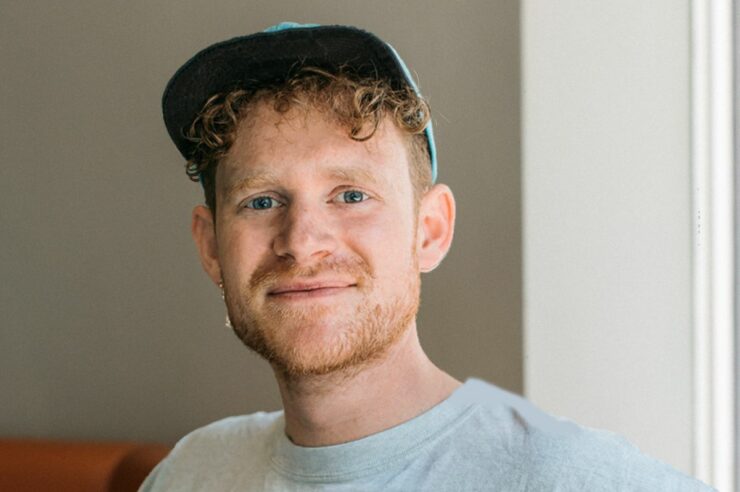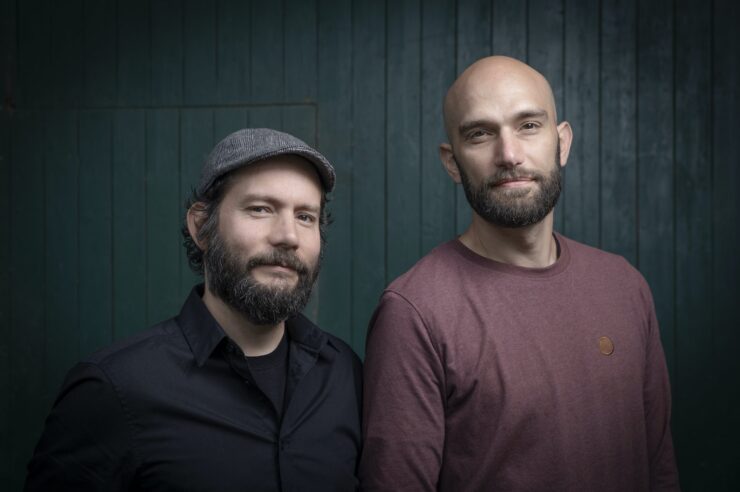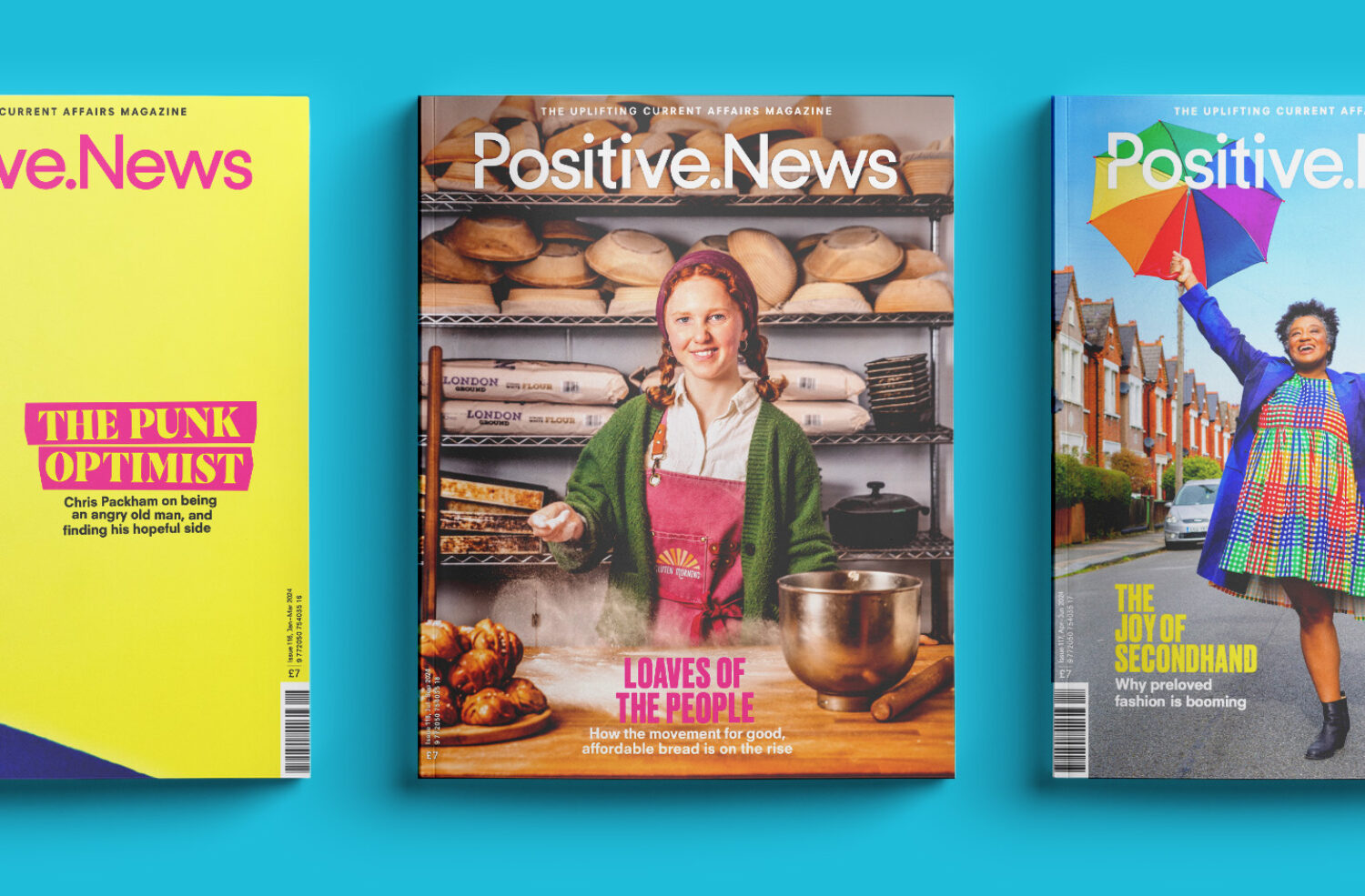These organisations challenged themselves to make travelling the world a more comfortable reality for visually impaired and autistic visitors
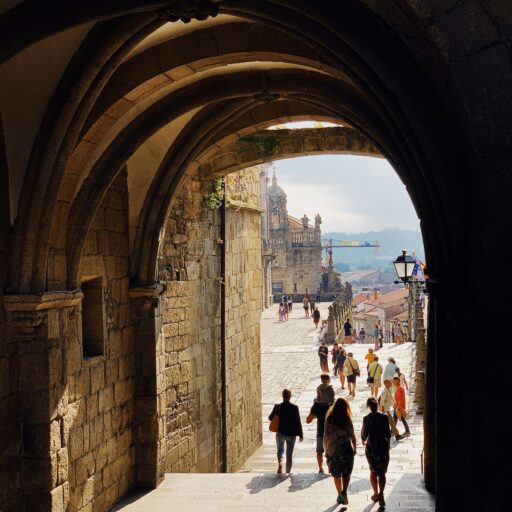
Traveleyes is a UK-based travel company specialising in trips for blind travellers, but with a twist: sighted people are given a discount to come too, in exchange for being partnered with a blind traveller as their guide. Founder Amar Latif, who lost 95% of his eyesight by the age of 18, had his dreams of traveling the world quashed by travel providers who refused to accommodate him. In response, he launched Traveleyes in 2004. After pausing due to Covid restrictions, it’s back in operation in 2024. Experiences include walking the Camino de Santiago in Spain (pictured), visiting a big game safari in Eswatini [formerly Swaziland], exploring India’s Golden Triangle, and discovering the culture and cuisine of Laos and Cambodia.
“Our sighted folk love the way that by guiding our blind travellers, they get so much out of it, and fully engage with what’s there,” Latif told the RNIB Connect Radio podcast.
“We’ve been to places like Peru where we’ve gone into museums and the curators have opened up the glass cases so we could touch the Incan artefacts. In China, our groups have got to touch the Terracotta Warriors,” he added. “Travel is more than just the seeing of sights, and when you start looking with your other senses, the world becomes more alive.”
Image: Jon Tyson
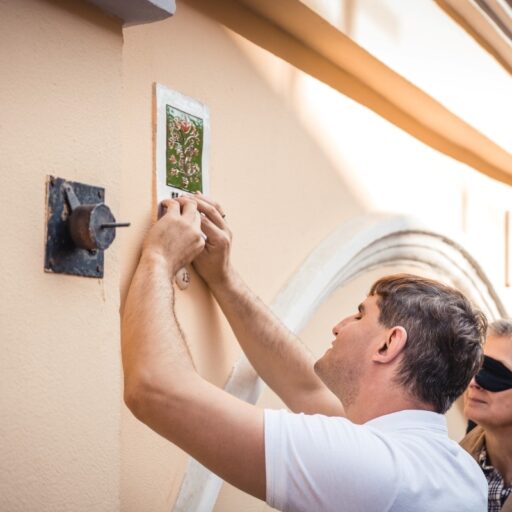
For people who are blind or partially sighted, cities can easily become overwhelming or even unfriendly feeling places. So in 2023, the marketing team at Lithuania’s capital, Vilnius, collaborated with the city’s blind and visually impaired community to come up with its Touch and Hear Vilnius tour (pictured). On the 90-minute route, objects and monuments ‘speak’ to participants, who are also invited to stop and feel the terrain and textures.
Providing step-by-step navigation instructions, the tour is designed to help visually impaired people get to know the city without needing assistance. It’s also open to sighted people to experience the city through sound, touch and smell: from the low branches of an oak tree that graze your head as you wander past, or the cobblestones underfoot that help to tell the tale of Vilnius’ past.
“By learning from visually impaired Vilnians, we wanted to discover how we could tell a story about the city from a new and fresh perspective,” Pija Ona Indriunaite, head of marketing at Go Vilnius, tells Positive News.
Image: GoVilnius
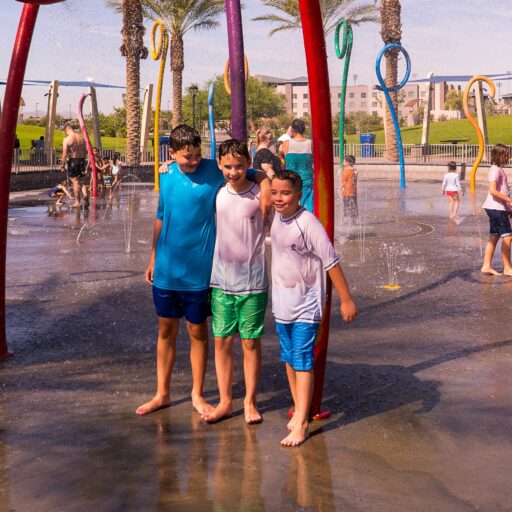
Some 87% of families with autistic children don’t take holidays, according to a survey by Autism Travel, yet would if more autism-certified options were available. That’s why in 2019, Mesa became the first Autism-Certified City in the US. It means that local hospitality businesses are encouraged to take up training in how to better meet the needs of autistic travellers. Local attractions that are now qualified as Certified Autism Centres include the Arizona Museum of Natural History, Mesa Arts Center and Mesa Riverview Park (pictured).
Staff learn about the most supportive responses they can offer in certain situations, and many of the eateries and hotels involved in the scheme offer supportive services such as noise-cancelling headphones and quiet spaces for families to go when sensory overload strikes.
“Our certification has helped our team and our partners better understand the autistic community and their growing need for autism-certified travel destinations,” says Zoey Shircel, Visit Mesa’s communications manager.
Visit Mesa’s other accessibility programmes include Aira, a guided visual interpretation service, a programme to help people recognise hidden disabilities, 360 virtual tours and Wheel the World, an inclusive online booking platform for travellers with disabilities.”
Image: Visit Mesa
Main image: GoVilnius
Support solutions in 2024
Positive News is helping more people than ever to get a balanced and uplifting view of the world. While doom and gloom dominates other news outlets, our solutions journalism exists to support your wellbeing and empower you to make a difference towards a better future.
But our reporting has a cost and, as an independent, not-for-profit media organisation, we rely on the financial backing of our readers. If you value what we do and can afford to, please get behind our team with a regular or one-off contribution.
Give once from just £1, or join 1,400+ others who contribute an average of £3 or more per month. You’ll be directly funding the production and sharing of our stories – helping our solutions journalism to benefit many more people.
Join our community today, and together, we’ll change the news for good.
